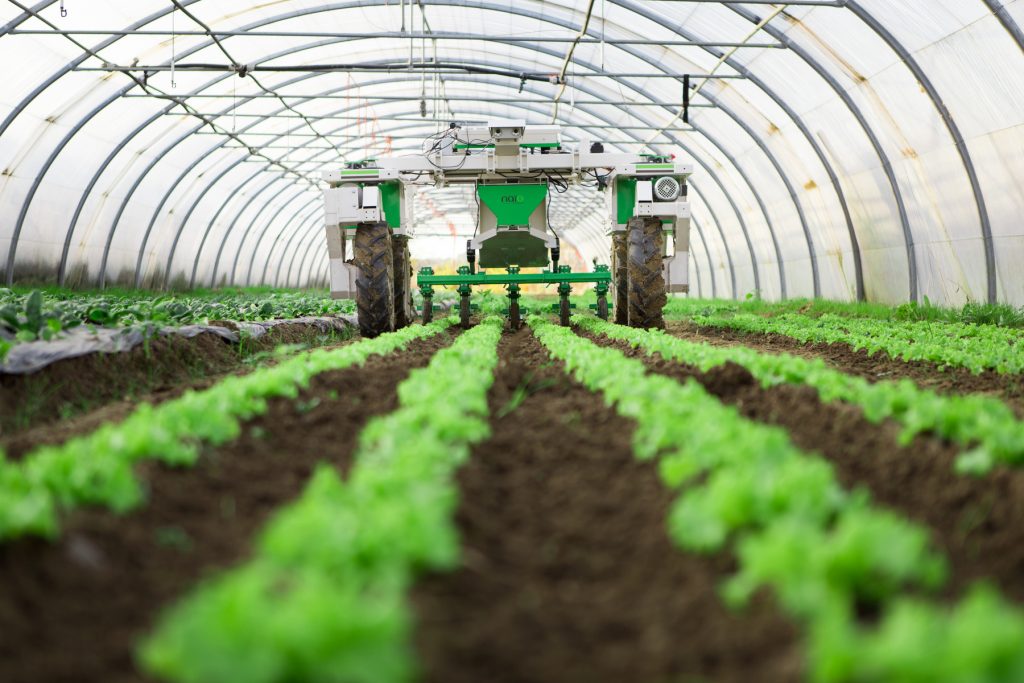B.Sc. Agriculture is a four-year undergraduate course whose core stems in agricultural science. This course focuses on the study of food microbiology, genetics and plant breeding, soil science, and agricultural microbiology. In order to be eligible for this course, you need to clear higher secondary with subjects- Physics, Chemistry and Biology/Mathematics. With a B.Sc. in agriculture, one is eligible for lucrative career prospects and take up roles such as agricultural analyst, agricultural officer, territory manager, plantation manager and agriculture research scientist.
Strength and scope of B.Sc. Agriculture
B.Sc. Agri Courses are very broad and cover a vast range of topics such as environmental health, food production, rural economy, rural development and more. Agriculture is the backbone of many countries and this sector being safe from downsizing continuous to offer plenty of opportunities in the USA, Ireland and Canada. Moreover, the advancement of technology in this sector for research and innovation has opened further scope and possibilities.
A student who studies B.Sc. Agriculture will be introduced to a variety of things such as agriculture economics, basics of biotechnology and crop production in a sustainable manner which holds a lot of relevance in the present market. Job opportunities in this field are widespread and cover local, national and international markets. One can easily land work with NGOs, manufactures and business organisations. Even software companies seek domain experts to create solutions for the agriculture sector.
Future with B.Sc. Agriculture
B.Sc. Agriculture is a program that trains students to be valuable in the agriculture sector by instructing them on the use of scientific equipment and techniques. In this way, one is able to enhance agriculture productivity and pave way for further development.

Dino pour Naio Technologies chez Xavier – Toulouse, France, le 15/11/2016 – Tien Tran – http://tien-tran.com
Any graduate that pursues this field can work as a manager in a specialised unit overseeing farm. Jobs in agriculture is highly rewarding and comes with a great pay package. It can range from supervising, important roles across the food production chain in society or managing team in various verticals of this domain.
Apart from traditional roles, this wide field has various alternative career paths. For instance, the job role of a consultant in a large firm where one can implement scientific knowledge in genetically modifying crops or use economic expertise to assist in trade and business negotiations.
There are various practices that are conducted by biotechnological and multinational agricultural industries that are scrutinised to ensure they abide by the law and ethical standards. B.Sc. agricultural graduates can take up the position of an auditor to ensure that such practices follow the necessary criteria.
A specialised degree in agriculture opens up many possibilities for students due to the advanced demographic in the food production system, new resource management strategies and other changes impacting food production and management systems.





